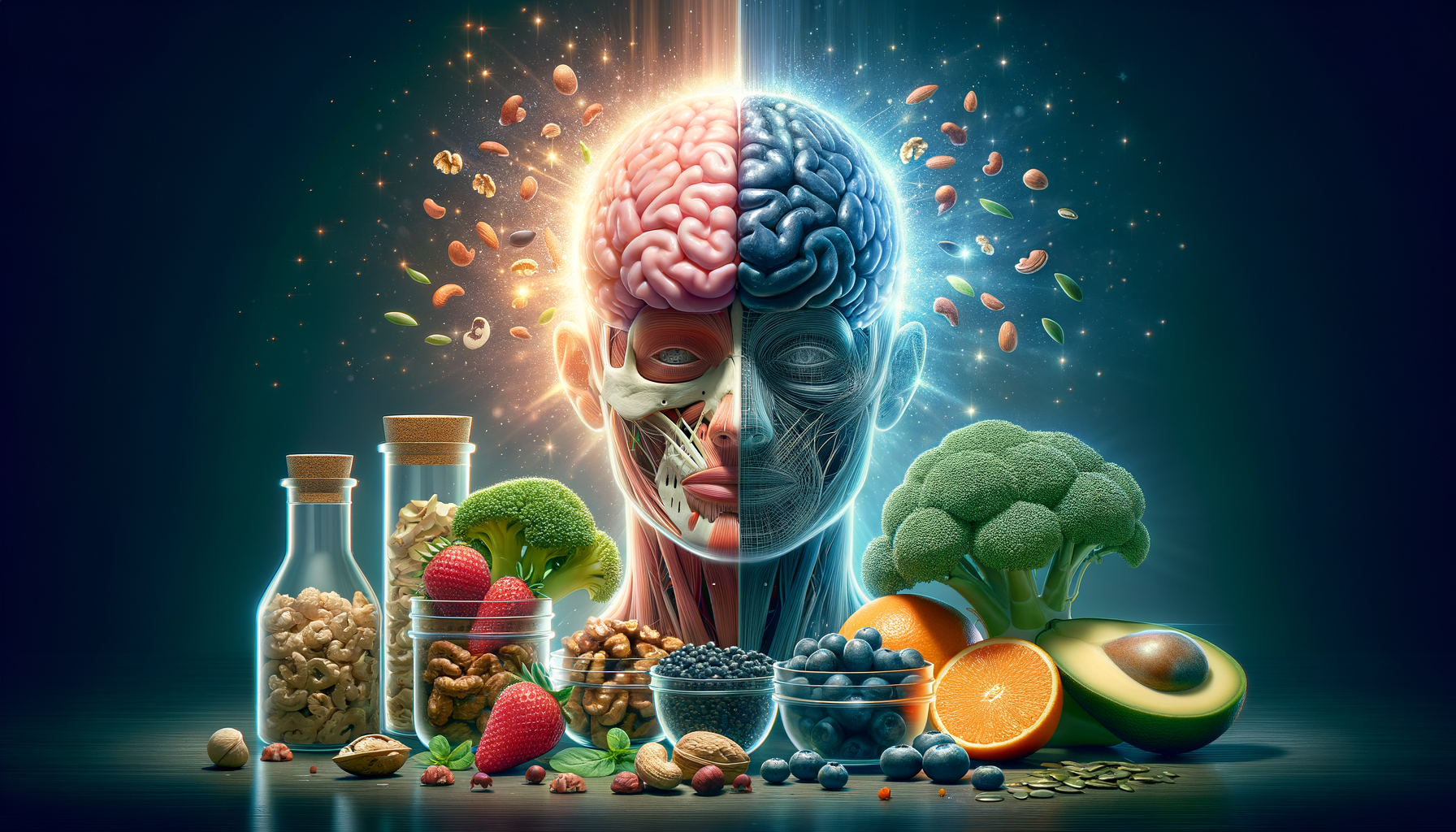Understanding the Impact of Diet on Brain Health
Memory loss is a concern that affects many individuals, particularly as they age. While various factors contribute to cognitive decline, diet plays a crucial role in maintaining brain health. Consuming a balanced diet rich in specific nutrients can help support cognitive functions and may reduce the risk of memory loss. Research has shown that certain foods contain compounds that enhance brain function, improve memory, and protect against cognitive decline. Understanding the connection between diet and brain health is essential for making informed dietary choices that support long-term cognitive well-being.
Blueberries: Nature’s Tiny Powerhouses
Blueberries are often celebrated for their exceptional quality as a brain-boosting food. These small fruits are packed with antioxidants, particularly flavonoids, which have been shown to improve memory and cognitive function. Studies suggest that the regular consumption of blueberries can delay brain aging and improve memory retention. The antioxidants in blueberries help reduce oxidative stress and inflammation, both of which are linked to neurodegenerative diseases. Incorporating blueberries into your diet can be as simple as adding them to your morning cereal or enjoying them as a snack, making them an easy and delicious way to support brain health.
Fatty Fish: A Source of Omega-3 Fatty Acids
Fatty fish such as salmon, trout, and sardines are renowned for their high content of omega-3 fatty acids, which are essential for brain health. Omega-3s are crucial components of brain cell membranes and play a vital role in cognitive function. They have been linked to improved memory, reduced risk of Alzheimer’s disease, and overall better brain performance. Regular consumption of fatty fish provides the brain with the necessary nutrients to maintain its structure and function. For those who do not consume fish, omega-3 supplements derived from algae can be an alternative to ensure adequate intake of these beneficial fats.
Walnuts: Brain-Shaped and Brain-Boosting
Walnuts are not only shaped like the brain but also support its health. Rich in antioxidants, vitamins, and minerals, walnuts have been associated with improved cognitive function and memory. They contain high levels of DHA, a type of omega-3 fatty acid that is beneficial for brain health. DHA has been shown to protect brain health in newborns, improve cognitive performance in adults, and prevent age-related cognitive decline. Including a handful of walnuts in your daily diet can provide a nutritious boost to your brain health, making them a convenient and tasty snack choice.
Leafy Greens: A Nutrient-Dense Choice
Leafy greens such as spinach, kale, and broccoli are packed with nutrients that support brain health. These vegetables are rich in vitamins K, E, and folate, all of which have been linked to cognitive benefits. Vitamin K is essential for brain cell survival, while vitamin E acts as an antioxidant, protecting brain cells from oxidative stress. Folate is crucial for the production of neurotransmitters, which are vital for communication between brain cells. Regular consumption of leafy greens can help slow cognitive decline and improve memory, making them a valuable addition to a brain-healthy diet.








